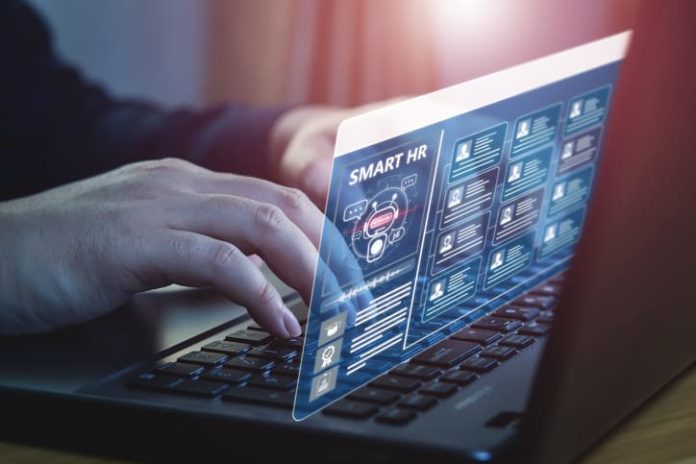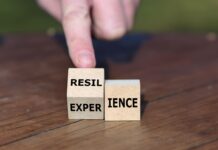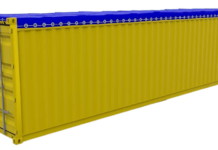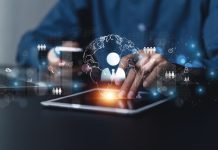In the rapidly evolving business landscape, Human Resources (HR) departments increasingly turn to artificial intelligence (AI) to streamline operations, improve decision-making, and enhance the employee experience. AI offers many benefits from recruitment to performance management that can revolutionize HR practices. This article explores how HR can benefit from AI, including building mobile apps, optimising group health insurance policies, integrating with Salesforce, and enhancing performance coaching.
The Power of AI in HR
AI technologies transform HR by automating administrative tasks, providing data-driven insights, and improving employee engagement.
Streamlining Recruitment
AI-powered recruitment tools and candidate management system can analyse resumes, identify the best candidates, and even conduct initial screenings through chatbots. These tools use machine learning algorithms to match job descriptions with candidate profiles, reducing the time and effort required for hiring. This speeds up the recruitment process and ensures a higher quality of hire by identifying the most suitable candidates.
Enhancing Employee Engagement
AI can analyze employee feedback, monitor engagement levels, and identify factors contributing to job satisfaction. By understanding these factors, HR can implement targeted initiatives to improve the work environment and boost employee morale. AI-driven engagement platforms can provide real-time insights and personalized recommendations, helping HR professionals proactively address issues and foster a positive workplace culture.
Building a Mobile App
Incorporating AI into mobile apps can significantly enhance HR operations and employee experiences.
Mobile Accessibility and Convenience
So, a mobile app with AI capabilities allows employees to access HR services anytime and anywhere. AI-powered apps provide a seamless and convenient user experience, from submitting leave requests to accessing payroll information. This mobile accessibility is particularly beneficial for remote and field-based employees, ensuring they stay connected and engaged with the organization.
Personalized Employee Support
AI can power virtual assistants within the mobile app to provide instant support and answer employee queries. These virtual assistants can handle various tasks, from guiding employees through HR processes to providing personalized recommendations based on their preferences and history. This level of customized support enhances employee satisfaction and reduces the workload on HR staff. Big companies already leverage AI for their daily operations, as task management is easier with them. AI helps Pinterest moderate content by automatically detecting and removing spam, inappropriate content, and misinformation. This ensures a safer and more positive user experience.
Optimizing Group Health Insurance Policies
AI can be crucial in managing and optimizing group health insurance policies, ensuring employees receive the best coverage.
Data-Driven Decision Making
AI algorithms can analyze vast amounts of data to identify trends and patterns in healthcare usage and costs. This analysis helps HR professionals make informed decisions about insurance plans, tailoring them to meet the specific needs of their workforce. By understanding employee healthcare needs and preferences, HR can negotiate better terms with insurance providers and design more effective health plans.
Integrating with Salesforce
When you integrate with salesforce, you can streamline workflows and enhance data management.
Seamless Data Integration
Integrating HR systems with Salesforce ensures that employee data is seamlessly updated and accessible across platforms. This integration eliminates data silos, reduces administrative burdens, and enhances data accuracy. By having a unified view of employee information, HR professionals can make better-informed decisions and provide more personalized support to employees.
Enhanced Employee Experience
Salesforce integration allows HR to leverage AI-driven analytics and insights to improve employee experiences. For example, HR can use data from Salesforce to identify employee performance, engagement, and turnover trends. These insights enable HR to implement targeted interventions and support initiatives that drive employee satisfaction and retention.
Enhancing Performance Coaching
AI can transform performance coaching by providing data-driven insights and personalized feedback.
Objective Performance Evaluation
AI-powered performance management systems can analyze employee performance data and provide objective evaluations. These systems use algorithms to identify patterns and trends in performance metrics, ensuring a fair and unbiased assessment. By relying on data-driven insights, HR can make more accurate and transparent decisions regarding promotions, rewards, and development opportunities.
Personalized Coaching and Development
AI can provide personalized coaching recommendations based on individual employee performance and development needs. For example, AI can identify specific skills an employee needs to improve and suggest relevant training programs or resources. This personalized approach to performance coaching ensures that employees receive the support they need to succeed, fostering continuous growth and development.
The Future of AI in HR
The integration of AI in HR is poised to grow, offering even more innovative solutions and capabilities.
Continuous Learning and Improvement
AI systems continuously learn from new data, improving their accuracy and effectiveness. This continuous learning process ensures that AI technologies remain at the forefront of HR innovation, adapting to new challenges and opportunities. HR professionals can leverage these advancements to stay competitive and drive organizational success.
Additionally, these technologies open up new avenues for career advancement, allowing HR professionals to develop new skills, take on more strategic roles, and enhance their overall career trajectories in an ever-evolving job market.
Conclusion
AI transforms HR by streamlining operations, enhancing decision-making, and improving the employee experience. You can optimize group health insurance policies by building a mobile app and enhance performance coaching; HR professionals can leverage AI to create a more efficient and effective workplace. As AI evolves, its impact on HR will only grow, paving the way for a more dynamic and innovative future.




































































